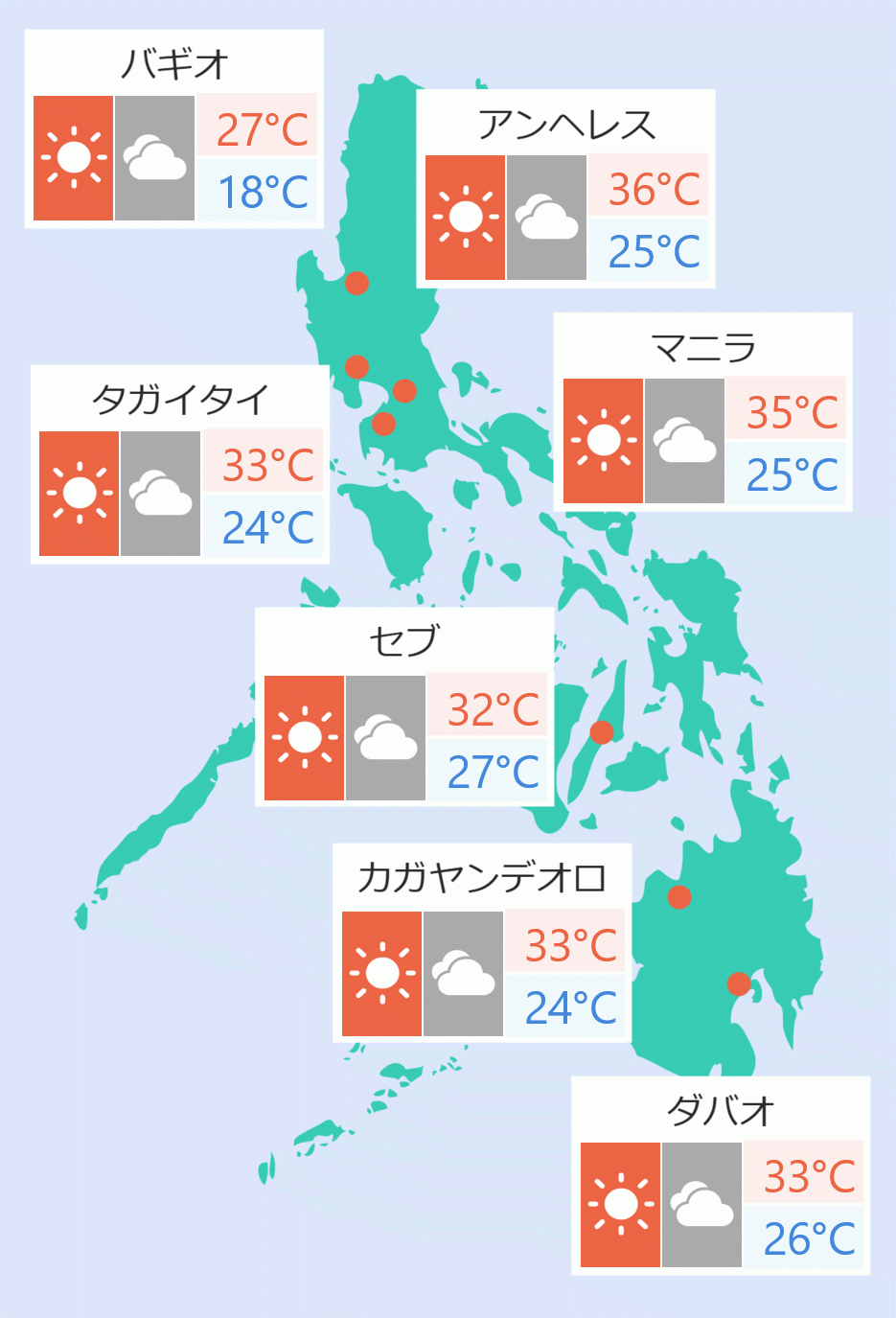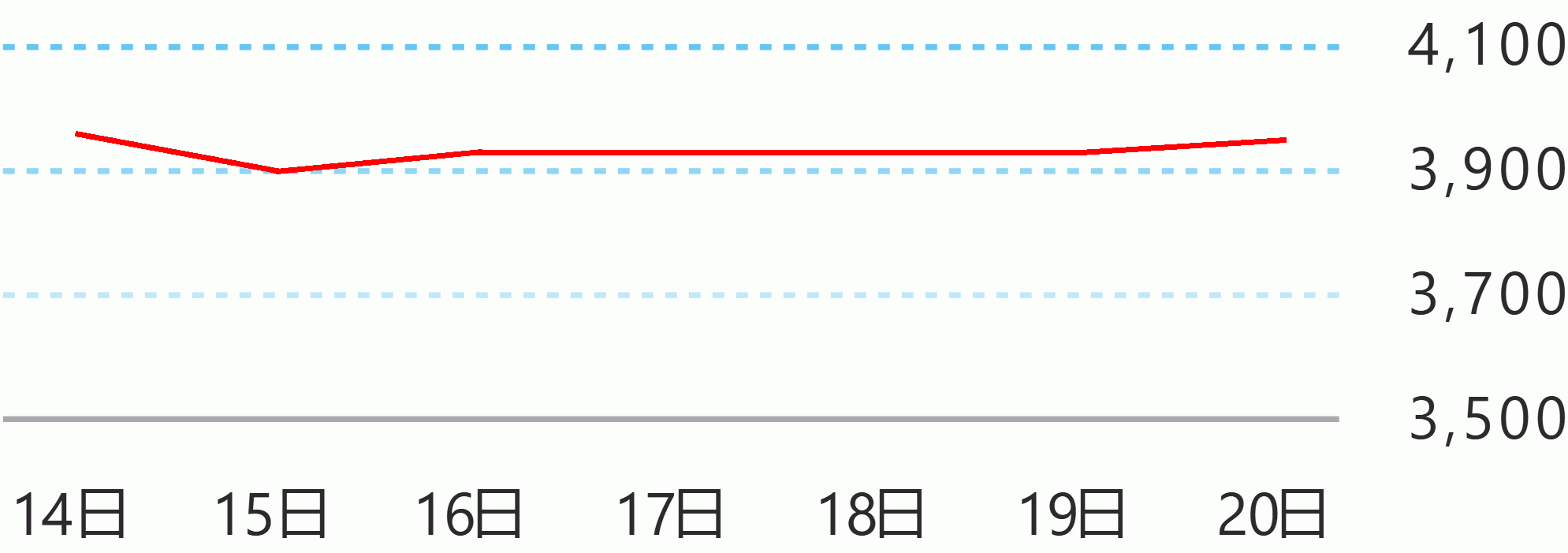The Department of Agriculture (DA) on Friday defended the revival of the Masagana program, which was introduced by the late President Ferdinand Marcos Sr. in the 1970s to increase rice production.
During the ongoing budget debates, Isabela Rep. Antonio Albano, the sponsor of the P163.8 billion DA budget, said the original Masagana 99 program produced more rice harvests.
“Actually, the Masagana 99 is a good program because it yielded higher rice harvests. The only problems, one of the reasons why it ended in 1984, precisely because of the rural banks. It failed because they placed pseudo farmers there,” Albano said.
Camarines Sur Rep. Gabriel Bordado earlier asked if the DA was not afraid to repeat this program because of its history.
“I understand that the DA is again planning to come up with Masagana 150 using certified seeds and Masagana 200 using hybrid seeds. Shouldn’t we be afraid of what happened with Masagana 99?,'' asked Bordado.
Albano assured Congress that under President Ferdinand Marcos, Jr., who also serves as the DA secretary, the new version of Masagana will be successful.
“This new program of this administration, by no less than the President himself, Bongbong Marcos, will make sure that there will be no pseudo-farmers and that the banks that will give the loans will ensure that these are valid recipients,” he said.
Albay Rep. Edcel Lagman said Masagana 99 had become a “massive dole-out program”, citing a study that revealed that 800 rural banks closed because of farmers who were unable to pay their debts.
“In short, farmer-borrowers were defaulting not only because of production shortfalls caused by various natural disasters affecting Philippine agriculture in the 1970s and 1980s, but also because the government was not prudently regulating the loans and providing sufficient mechanisms and inducements for repayment,” Lagman said.
“Masagana 99, more or less, became a massive dole-out program,” he added.
In 1973, Masagana 99 was launched by the elder Marcos to increase rice production in response to supply shortage the country was facing at that time. It stopped in 1984, after 11 years because of problems with its credit scheme. Jaspearl Tan/DMS





 English
English










